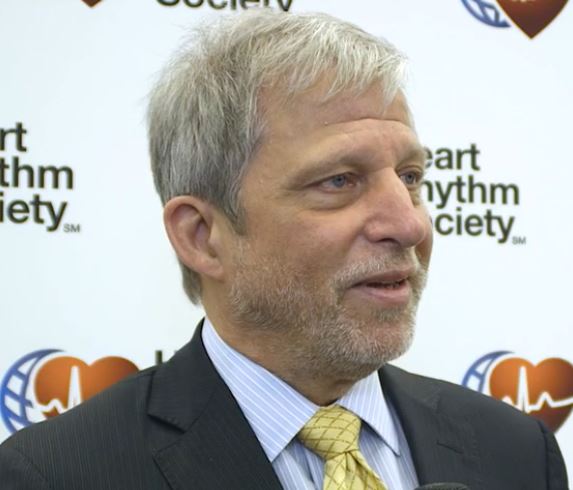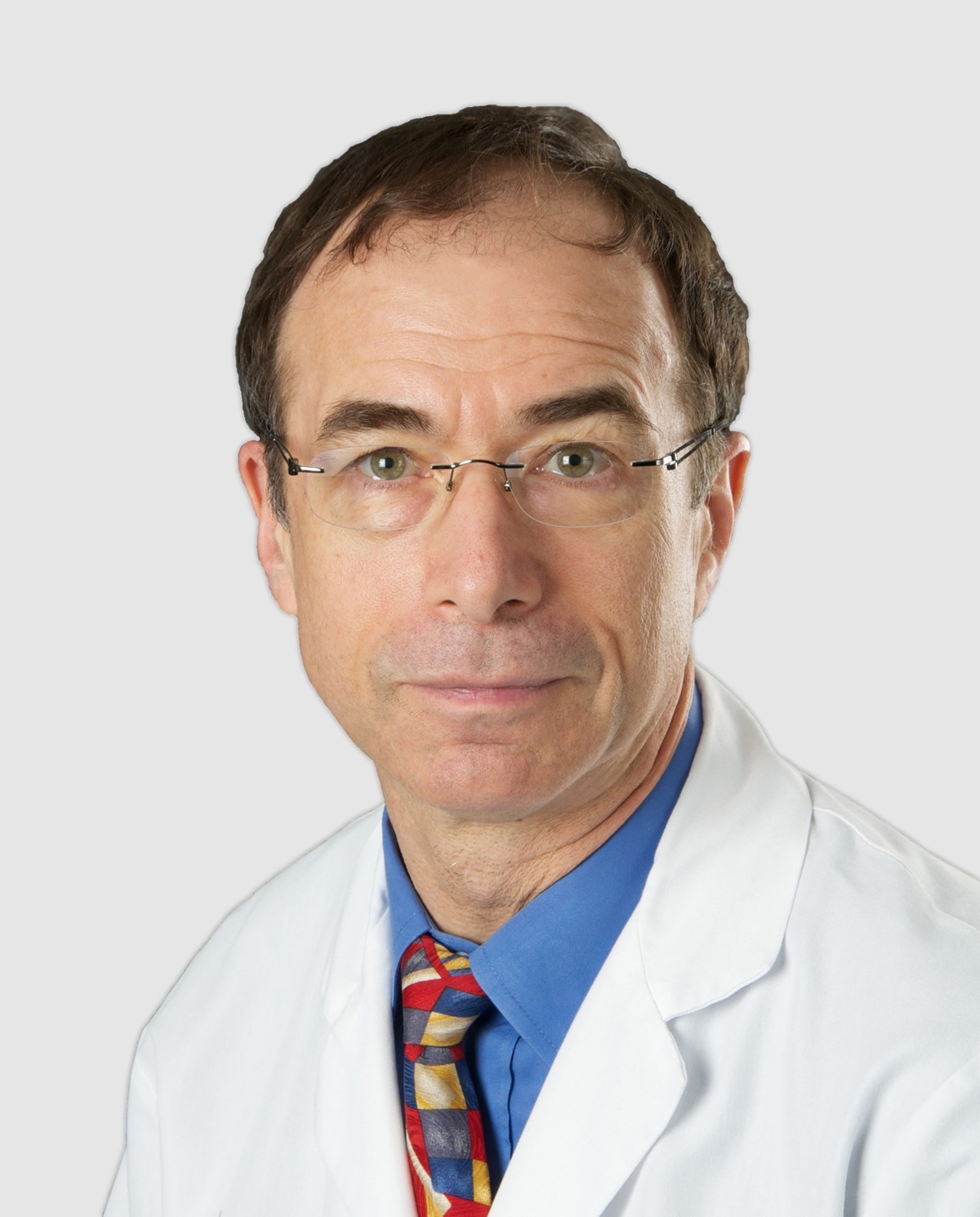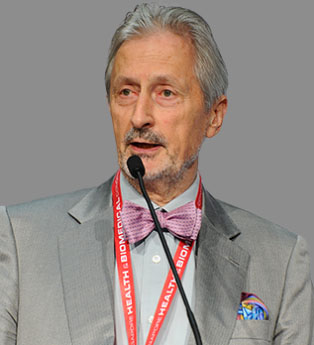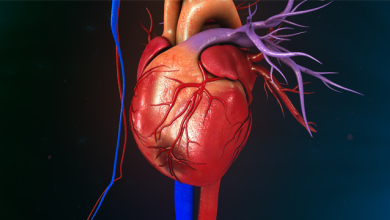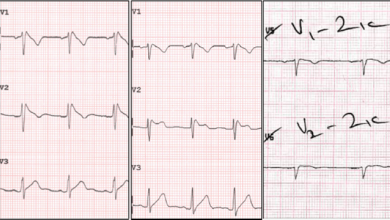Search results
Author(s):
Steven Podd
,
Jacqueline Hunt
,
Neil Sulke
Added:
3 years ago
Vasovagal syncope (VVS) is most common cause of syncope,1 with 37 % of the population suffering at least one attack during their life time.2 Head up tilt-table testing (HUTT) was first evaluated and used for the diagnosis of VVS in 1986.3–4 Prior to this, diagnosis relied purely on the clinical history and exclusion of other conditions. With almost 40 % of patients with VVS experiencing no…
View more
Foreword
Author(s):
Juan Carlos Kaski
Added:
3 years ago
Article
Syncope in the Elderly
Author(s):
Helen O'Brien
,
Rose Anne Kenny
Added:
3 years ago
Article
Robert Sheldon
Job title: Professor of Cardiac Sciences and Medicine
Author
Brian Olshansky
Job title: Emeritus Professor of Medicine
Author
Richard Sutton
Research Area(s) / Expertise:
Job title: Emeritus Professor of Clinical Cardiology, DSc
Author
Author(s):
Apostolos Ilias Vouliotis
,
Paul Roberts
,
Polychronis Dilaveris
,
et al
Added:
8 months ago
Author(s):
Alexandros Klavdios Steriotis
,
Sanjay Sharma
Added:
3 years ago
Hypertrophic cardiomyopathy (HCM) is a hereditary primary myocardial disease that is most commonly caused by mutations within genes encoding sarcomeric contractile proteins and is characterised by left ventricular hypertrophy in the absence of a cardiac or systemic cause.1,2 The condition is inherited as an autosomal dominant trait and has a prevalence of one in 500.3,4 Marked genetic…
View more
External 30 Days Holter Usefulness in Unexplained Syncope, Palpitations and Cardioembolic Suspected…
Author(s):
Miriam García Bermúdez
,
Antonia Ortega Diaz
,
Ana Bonet Basiero
,
et al
Added:
3 years ago
Article
Author(s):
Afik D Snir
,
Hariharan Raju
Added:
3 years ago
Brugada syndrome was first described in 1993 in a case series of eight patients with recurrent polymorphic ventricular tachycardia (VT) and stereotypical electrographic characteristics in the context of a structurally normal heart.1 Since then, the syndrome has been extensively studied and recognised worldwide as a major cause of sudden cardiac death (SCD) in otherwise healthy patients.2 Recent…
View more










